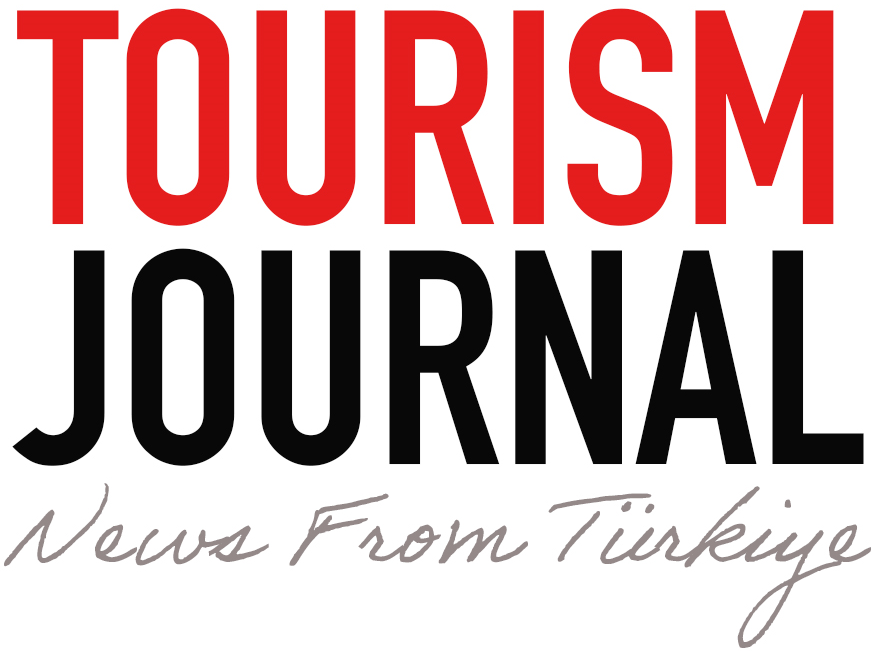Hava Durumu
TOURISMJOURNAL - Qatar haberleri, son dakika gelişmeleri, detaylı bilgiler ve tüm gelişmeler, Qatar haber sayfasında canlı gelişmelerle ulaşabilirsiniz.
TOURISMJOURNAL - Qatar haberleri, son dakika gelişmeleri, detaylı bilgiler ve tüm gelişmeler, Qatar haber sayfasında canlı gelişmelerle ulaşabilirsiniz.







